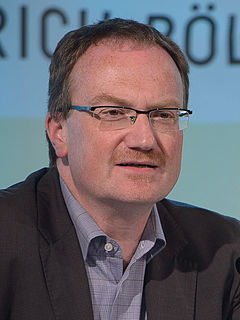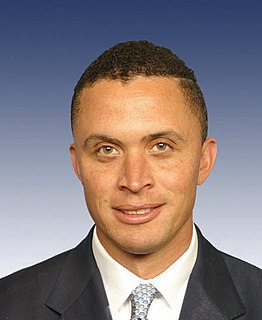A Quote by Grover Norquist
Tax increases slow economic growth. Why would you raise taxes? We need to reform spending, the tens of trillions of unfunded liabilities can never be funded by tax increases, that can only be fixed by reducing spending.
Related Quotes
Sometimes, tax rate increases create the very problems that the spending is intended to cure. In other words, the tax rate increases reduce economic growth; they shrink the pie; they cause more poverty, more despair, more unemployment, which are all things government is trying to alleviate with spending.
Governments need to lay out a credible path to reducing their deficits in the medium term, but without excessively enfeebling an already weak recovery. That means raising retirement ages and overhauling pensions; putting in place the budget rules and institutions that will curb future profligacy; and favouring spending cuts over tax increases.
Well, certainly the Democrats have been arguing to raise the capital gains tax on all Americans. Obama says he wants to do that. That would slow down economic growth. It's not necessarily helpful to the economy. Every time we've cut the capital gains tax, the economy has grown. Whenever we raise the capital gains tax, it's been damaged.





























